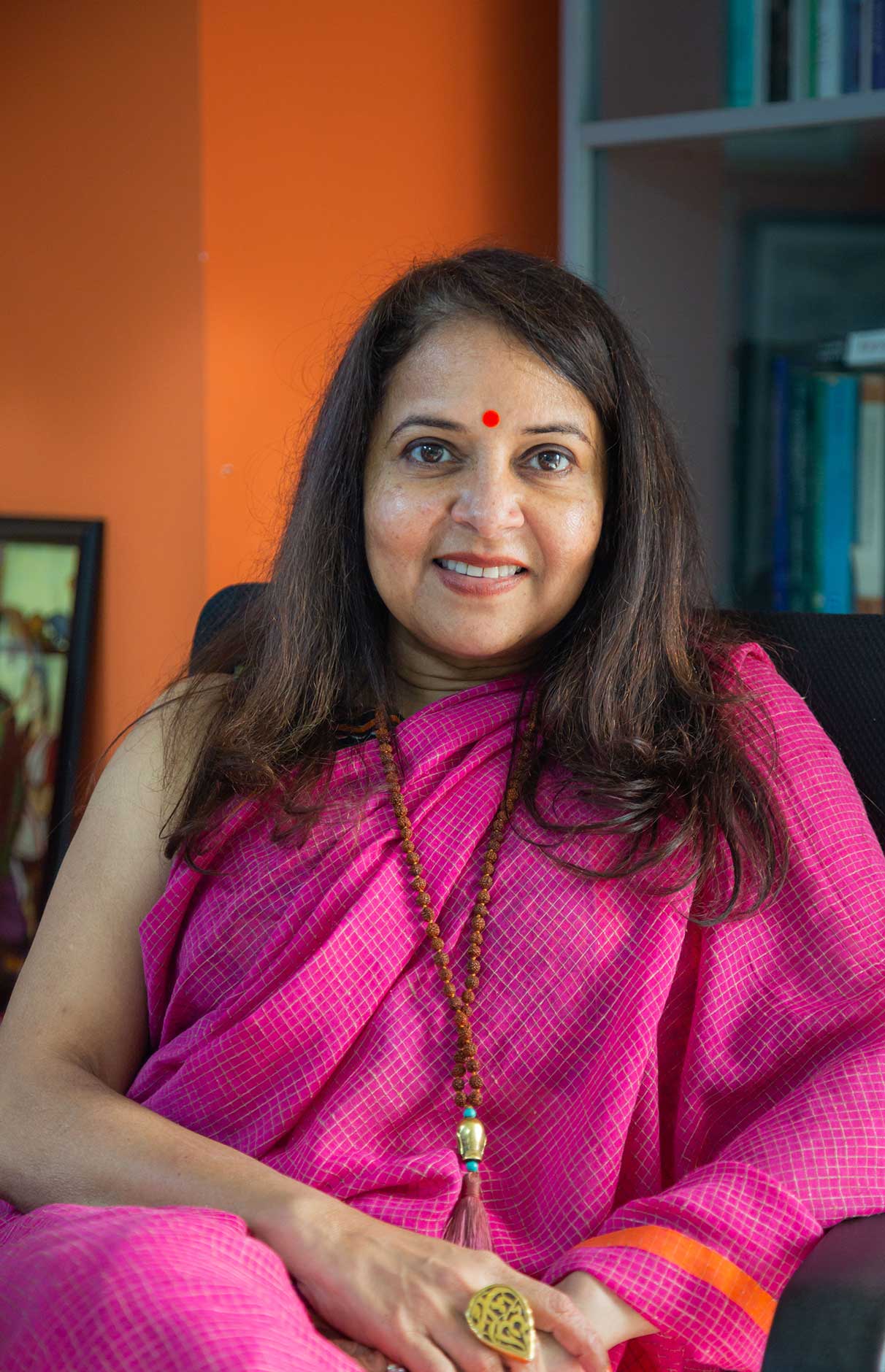COVID-19 has magnified existing structural and social inequalities amongst
the most disadvantaged populations, and clearly revealed the fault-lines
that exist in public health. This forces us to acknowledge that we cannot
simply look at public health from mainly a biomedical lens. We are
developing graduates with the practical and critical skills required, so
they can contribute in this rapidly changing world, and be competent public
health leaders. During the start of COVID-19 last year, the faculty and
research team conducted over 45 rapid surveys and longitudinal qualitative
and quantitative research, actively engaging with communities, practitioners
and other key stakeholders. If there is one lesson that we can take from
this unfolding pandemic, is that “experts” do not necessarily have all the
answers. A School of Public Health has a critical role in not only providing
quality academic education, but also through its research with communities
and implementors, to bridge existing gaps in policies and practice.
Translating evidence into action is key.
I joined the School in 2004 when we were just 4 colleagues and I took over
as Dean in 2013. The School has grown from 66 colleagues in 2012, to
presently 309 colleagues, of which 60% are women. The MPH programme has
produced 524 public health graduates and leaders from 34 countries. Some of
our graduates have been in the frontline of public health crises such as the
Ebola epidemic, headed the Midwifery programme in Afghanistan and joined
BRAC, icddr,b and government ministries in Bangladesh and other countries.
Many enrolled in PhDs and after their studies, returned to work in their
respective countries. Others have joined UN, WHO and other leading
organisations around the world. Several of our faculty in the MPH programme
are our star graduates from Uganda, Liberia, Australia, and Bangladesh. We
were recently cited in a John Hopkins School of Public Health newsletter, as
one of the leading Schools in the region, developing world-class expertise
in training and capacity development.
We have adjusted and adapted our international MPH academic programme and
began online teaching in the third week of March 2020, with a current cohort
of 38 students from 14 countries across Europe, Africa, Oceania, South and
South-East Asia. We have a pioneering Midwifery diploma programme that was
established in 2012, and has 602 graduated midwives as of 2020, with 224 of
them presently working in the Rohingya refugee camps.
Our five Centres of Research Excellence: Urban Equity and Health, Gender and
Sexual and Reproductive Health and Rights, Implementation Science & Scale
Up, Health Systems and Universal Health Coverage and Non-Communicable
Diseases and Nutrition, and our Humanitarian Research Hub are working with
research and academic partners across Asia, Africa, Europe, Latin America
and North America and in South Asia and South-east Asia. We have generated
137 peer reviewed publications in the last two years and organised 62 policy
dialogues, meetings and webinars to inform policies and programmes.
Sabina Faiz Rashid
